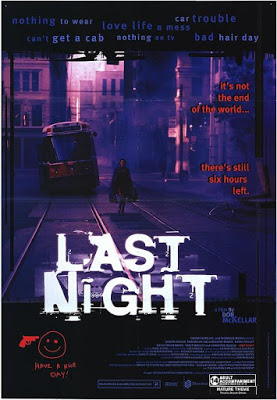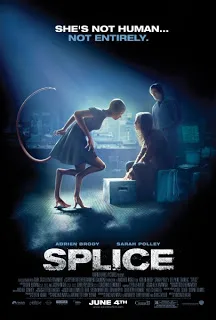Siblings
Brothers and sisters separated by the foster care system reunite at a special summer camp in Siblings. 11 year old Liberty and 18 year old Brandi are two young women separated from their natural, who get to reunite with them every year at a special summer camp for kids in the foster care system. It…



